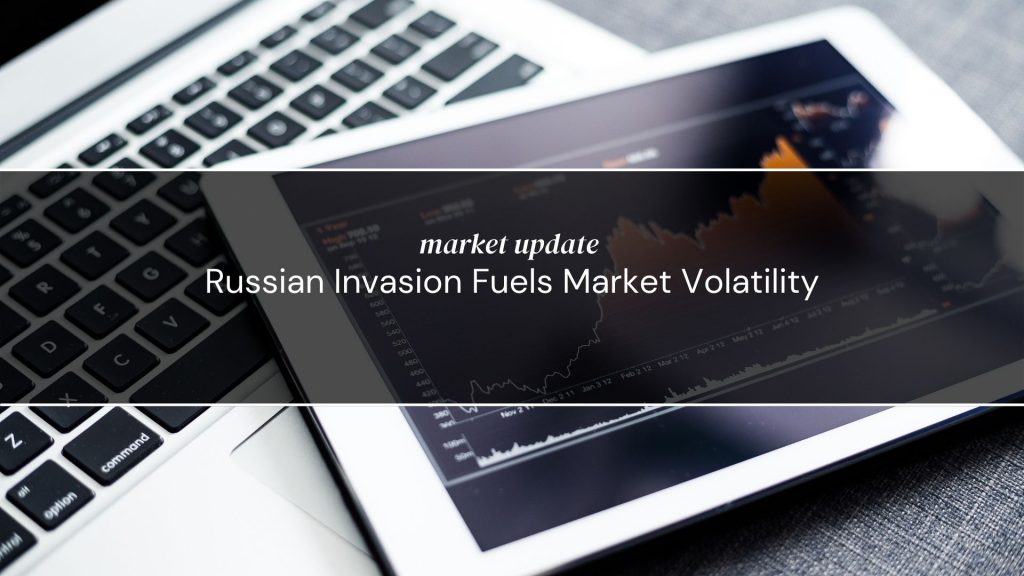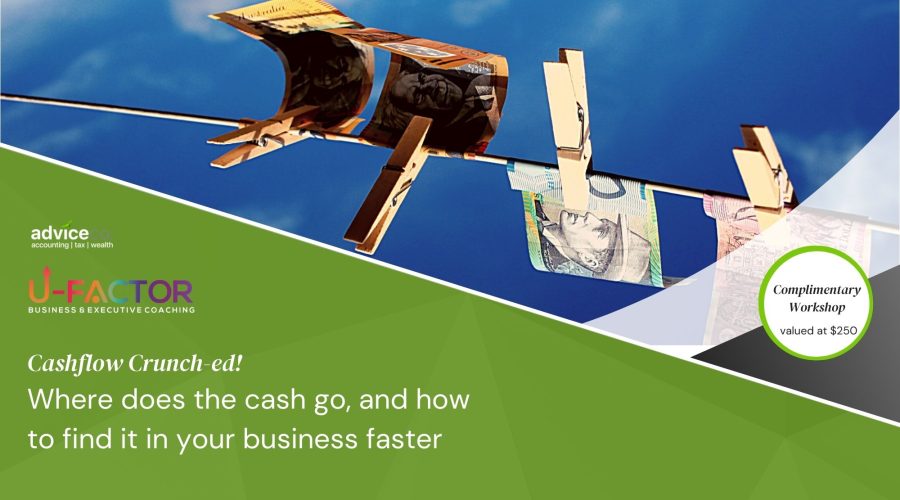Market Update: Russian Invasion Fuels Market Volatility Posted on March 4, 2022

Article by MFS Investment Management
With the humanitarian crisis resulting from Russia’s invasion of Ukraine growing, we wish to express our sincere concern and support for the people of Ukraine and our hopes for a swift de-escalation of hostilities and a peaceful restoration of the country’s national sovereignty.
Russia has been isolated from the global financial system. Sanctions imposed by Western governments in response to the invasion took hold this week, including the planned cutoff of seven Russian banks from SWIFT, the communications system that facilitates global money transfers. Additionally, foreign currency reserves held by the Central Bank of Russia have been frozen, limiting its ability to support a weakening ruble. Index providers MSCI and FTSE Russell announced on Wednesday that they will remove Russian equities from all their indices, effective next week. MSCI is changing its classification of Russia from an emerging market to a standalone market. According to Reuters, the country had a weighting of just over 3% in the MSCI emerging market index and about 0.3% of its global benchmark. This week, credit rating agencies S&P, Fitch and Moody’s each downgraded Russia’s sovereign rating, putting it in the high-yield category. S&P, after the second downgrade in a week, rates the country just two notches above default. The agencies said Western sanctions call into question Russia’s ability to service its debt. In retaliation for the sanctions, Russia announced capital controls that will block coupon payments to foreign owners of Russian bonds.
Commodity prices soar. Since the start of the invasion, the broad Goldman Sachs Commodity index is up about 16%, to a 14-year high. Oil futures breached $115 a barrel this week for the first time since 2008 as sanctions limited market access to Russian raw materials. Russia has been forced to offer steep discounts on its crude but is still having trouble finding buyers. To the extent that dollar-denominated export revenues become unusable or illiquid, Russia could see less of an incentive to sell energy to the West, analysts at Goldman Sachs said this week. Oil prices eased from their highs on Thursday amid reports that Western nations are close to a deal with Iran over its nuclear program. The recent widespread surge in commodity prices and disruption of existing supply chains is exacerbating already high global inflation. One outgrowth of the sanctions is fear that higher global natural gas prices will push up the costs of fertilizers, ultimately resulting in food price inflation and shortages.
Germany, others, undertake major policy shifts in defense and energy. The German government’s announcement that it will dramatically increase defense spending in response to national security threats posed by Russia is expected to help offset some of the economic drag stemming from higher energy prices. Shortly after the invasion, German Chancellor Olaf Scholz laid out a number of major policy shifts, including halting the approval of the Nord Stream 2 gas pipeline from Russia while announcing the construction of two terminals to allow for the importation of liquified natural gas. Scholz also announced Germany will build a strategic natural gas reserve to reduce the country’s reliance on Russian gas supplies. In addition, the German chancellor floated the once-heretical idea of extending the life of several coal- and nuclear-fired power plants. Germany is not alone in reacting strongly to Russia’s attack on Ukraine. Switzerland broke with its centuries-old policy of neutrality, sanctioning Russia, while Sweden and Finland are said to be considering joining NATO. Sweden parted ways with tradition by exporting 5,000 antitank weapons to Ukraine, an active combat zone, this week. Meanwhile, Ukraine has applied to the European Union for immediate membership.
Putin-allied oligarchs feel the pinch. The US, EU and United Kingdom are ramping up pressure on Russian oligarchs closely allied with Russian President Vladimir Putin. Many were sanctioned after Russia’s seizure of Crimea in 2014, and sanctions have been stiffened in the wake of the invasion of Ukraine. Several yachts and other properties have been seized, and trophy assets such as the Chelsea Football Club have been put on the market.
Macro News
Powell signals that the Fed will hike rates a quarter-point. In testimony on Capitol Hill this week, US Federal Reserve Chair Jerome Powell indicated that he is inclined to propose and support a 0.25% increase in the federal funds target when the FOMC meets March 15 and 16. “The bottom line is that we will proceed, but we will proceed carefully as we learn more about the implications of the Ukraine war for the economy,” Powell said, but added that if inflation stays hot, the Fed would be prepared to raise rates more than 0.25% per meeting. It is too soon to assess the impacts of Western sanctions on Russia on the US economy, the Fed chair said. North of the border, the Bank of Canada began its tightening cycle on Wednesday, raising its policy rate to 0.5% from 0.25%. Multiple additional hikes are expected.
Despite eurozone inflation soaring to a record 5.8% in February, markets have lowered expectations for multiple rate hikes from the European Central Bank this year. Fears of slower economic growth as a result of surging energy prices and the fallout from sanctions on Russia combined to push the yield on the benchmark 10-year German bund back into negative territory this week. Bund yields peaked at 0.33% in mid-February, prior to Russia’s attack, in anticipation of tighter ECB policy. US rates have fallen as well amid the highest bond market volatility since the early days of the pandemic. Markets forecast the Fed will now tighten slightly less aggressively than before the invasion.
The information included above as well as individual companies and/or securities mentioned should not be construed as investment advice, a recommendation to buy or sell or an indication of trading intent on behalf of any MFS product.
Securities discussed may or may not be holdings in any of the MFS funds. For a complete list of holdings for any MFS portfolio, please see the most recent annual, semiannual or quarterly report. Full holdings are also available on the individual Fund Summary tab in the Products section of mfs.com.
The views expressed in this article are those of MFS and are subject to change at any time. No forecasts can be guaranteed.
Past performance is no guarantee of future results.
Sources: MFS research, Wall Street Journal, Financial Times, Reuters, Bloomberg News, FactSet Research, CNBC.com.





